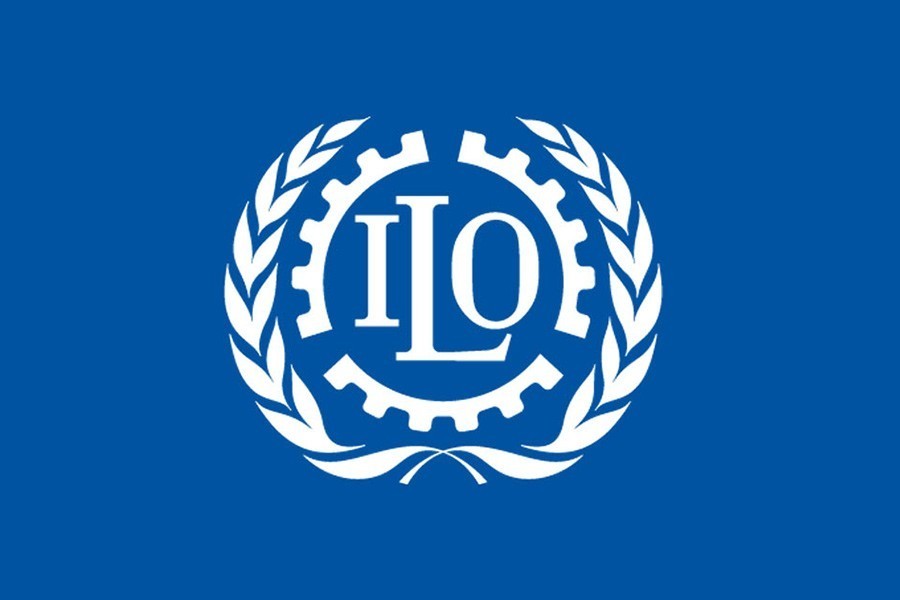Labour rights groups and activists on Thursday urged the government to ratify the ILO convention 189 in order to uphold the rights of domestic workers of the country.
They put emphasis on incorporating the ILO convention 189 as they said time had come for ensuring protection and welfare of domestic workers in Bangladesh.
Md Mujibul Haque, president of the Standing Committee on Ministry of Labour and Employment, expressing solidarity with the call, emphasised the need for training the domestic workers in skill development so that they can become skilled workers and transform themselves into skilled manpower and play a role in the development of the country.
He addressed the virtual event organised by 'Nari Sromik Kantha' as the chief guest on the occasion of the International Domestic Workers Day.
Speaking on the occasion, member of the parliament Shirin Akhter said that now was the time to talk to the government about amending the country's labour law.
She recounted that in 2013 the Labour Act was amended to incorporate domestic workers into the law and called for work in unison to count domestic workers as workers.
She also emphasised the formation of a domestic worker emergency forum.
Speakers in their discussions urged the government to immediately ratify ILO Convention 189 and a call was made to ensure the rights of domestic workers as per the Domestic Worker Protection and Welfare Policy-2015, as long as domestic workers are not included in the Labour Act.
The rights group also made some demands for decent work and living of domestic workers.
The demands included implementation of the Domestic Worker Protection and Welfare Policy, 2015 and enact a law based on it; raising public awareness on those law and rights; initiatives to prevent child labour; and official arrangement for the safe employment of domestic workers through training.
The rights group also demanded that the government allocate budget for those working in the informal sector, including domestic workers, and simultaneously include domestic workers in the government's social security programmes.


